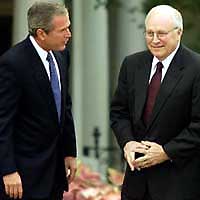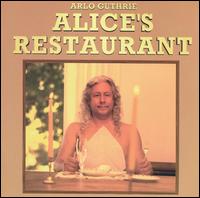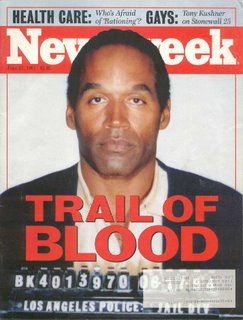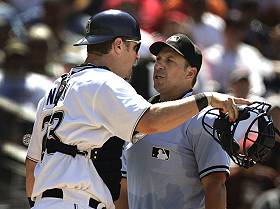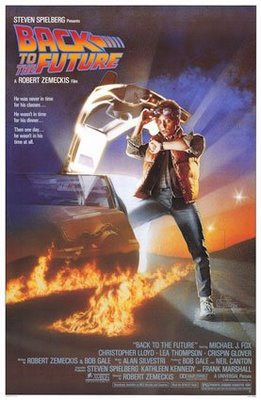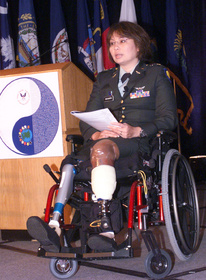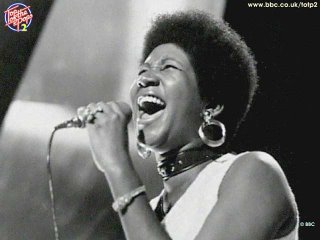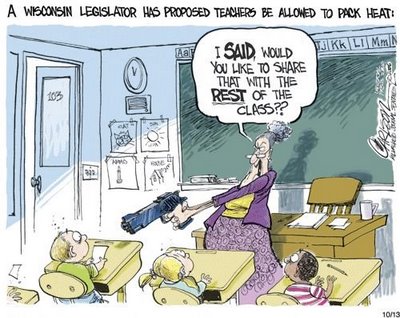What if everyone had to pass it?
The citizenship test is getting revamped:
The government on Thursday unveiled 144 revised civic questions it will try out on immigrants who want to become Americans, as part of an effort to design a more meaningful citizenship test.
"When you raise your hand and swear your allegiance to the United States, you really ought to know what you are swearing allegiance to," said Emilio Gonzalez, director of Citizenship and Immigration Services, a Homeland Security Department agency. "You ought to internalize by that time, the very values that make this country what it is, the very reason why you are raising your right hand. ... Citizenship is not test taking."
The draft questions will be tried out on immigrant volunteers in 10 cities early next year. Gonzalez was not ready to give specific dates. Applicants must verbally answer six of 10 questions right to pass the civics portion of the test.
The government wants the citizenship test to require a better understanding of America's history and government institutions. It expects to spend about $6.5 million to make the changes, said Alfonso Aguilar, director of the citizenship office.
Citizenship and Immigration Services has been working for several years to redesign the test. A 2003 attempt was tried out in some cities, failed and was scuttled.
Under the draft questions, no longer would it be sufficient to name the three branches of government (executive, legislative and judicial). Applicants could also be asked why there are three branches.
Acceptable answers could include: So that no branch is too powerful or to separate the power of government.
The redesign is aimed at making sure applicants know the meaning behind some of America's fundamental institutions, said Chris Rhatigan, an agency spokeswoman.
"There's not one, rote SAT-type question and answer," she said.
The questions released Thursday will be given to immigrants who volunteer to take the new draft test.
The questions will be tried out early next year in Albany, N.Y.; Boston; Charleston, S.C.; Denver; El Paso, Texas; Kansas City, Mo.; Miami; San Antonio; Tucson, Ariz.; and Yakima, Wash.
The questions will go into use in the pilot cities before advocacy groups get a chance to point out any problems or concerns. After the questions are tested, the agency plans to spend a year examining results and reviewing the questions with groups with expertise and interest in the tests.
Immigration officials want to narrow the number of questions to 100 and launch the redesigned test in early 2008.
Another possible question would delve into the history of the Civil War. Applicants are now asked, What was the Emancipation Proclamation?
Current applicants need to know that it freed the slaves. In the future, however, prospective citizens will need to have a deeper understanding of the Civil War and name one of the problems that led to it.
Acceptable answers could include slavery, economics or states' rights, Rhatigan said.
In the pilot, volunteers answering the new test questions can at anytime stop and take the current exam so as not to lose the chance to become a citizen, Rhatigan said.
A variety of groups with varying ideologies about immigration have been working with Citizenship and Immigration Service, meeting with them monthly, to advise the agency on drafting the questions.
Immigration advocates want to ensure that the new test does not make becoming a citizen more difficult, while groups that want to control immigration want to ensure newcomers are not simply memorizing information.
Fred Tsao, policy director for the Illinois Coalition for Immigrant and Refugee Rights, said the question about three branches of government is vague.
"The answer could be anything from because the Constitution says so to a long lecture on 18th century French political philosophy, which is where we got the idea," Tsao said.
I wonder what would happen if everyone had to take this test?
Let's start with the politicians. Who's first?

